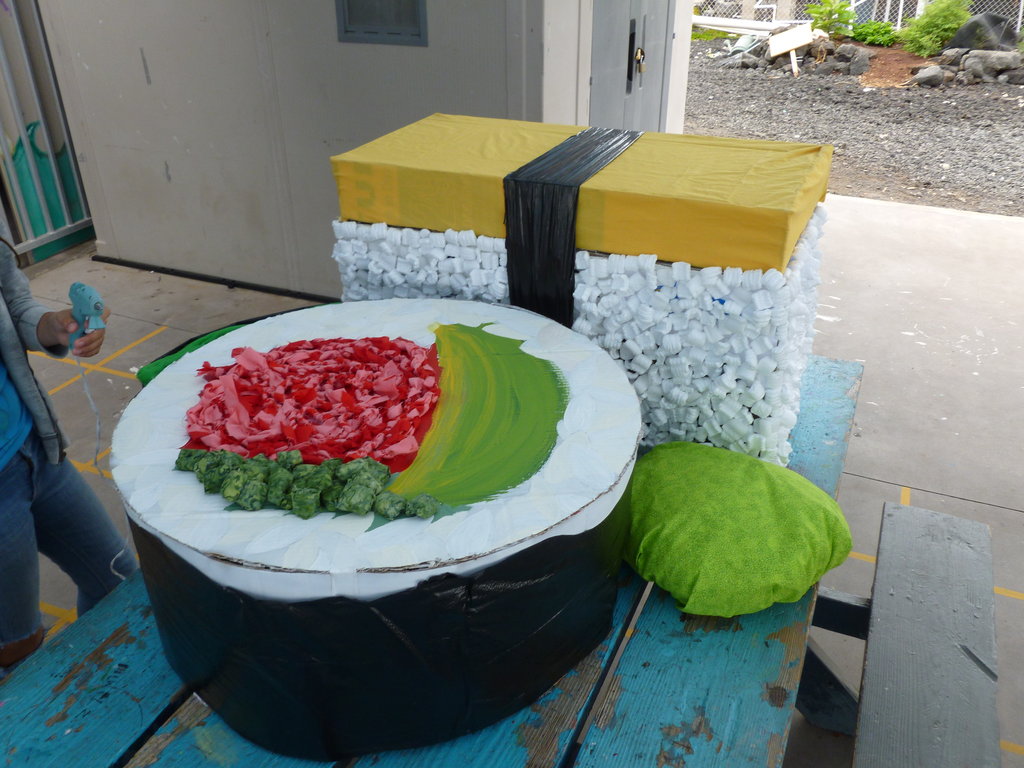I'm a licensed Aircraft Mechanic & Inspector with twenty five-plus years in the field. I've had a varied career so far, with time spent in the sheetmetal, mechanic, and inspection specialties. Most of my time is on heavy Boeing and McDonnell Douglas aircraft, of the passenger, cargo, and experimental type. This career isn't for everyone, but I enjoy it.
Please do NOT ask me to troubleshoot problems with your airplane, that is not what this Q&A is for.
Well, I can tell you what we do at my current company.
If it's reported that the airplane has sustained a lightning strike, or when someone finds lightning burns on the aircraft; a lightning check is made to find the extent of any damage. We do this in accordance with the appropriate aircraft maintenance manual.
In general, a lightning strike check has three parts:
1- Examine the external surfaces for lightning strike
2- Examinine the internal components for lightning strike
3- Inspection and operational check of the radio and navigation systems
It's actually quite an extensive process.
I've found some interesting looking burns on airplanes sometimes. Often looking like arc spot welds on the aluminum skin, or burn marks with delamination on the composite structure.
It's all fairly safe though. The planes are bonded and structure ground strapped together so that electricity will flow through the structure and back out at some point.
So usually when an airplane gets hit by lighting, there will be a point of contact mark, as well as an exit mark where the electricity came back out.
There is no difference in the records or maintenance requirements for US certified air carriers. They are all held to the same high standard. Whether you are talking about the smallest mom and pop airline with a Cessna 310 as their only airplane, or American Airlines; they all have to toe a very stringent line with the FAA. I wouldn't be any more or less concerned with safety with any one airline over another.
No, aircraft mechanics do not need to be pilots. As far as being able to take off, fly, and successfully land and aircraft; I think I’ll waver between Yes! no, and maybe. Personally, I think I could probably set up an airplane to take off, and get it into the air. Maybe able to keep it in the air for a bit even. But landings, I’ve noticed, are a little more delicate. Don’t get me wrong, I could plant an airplane on the ground. You just might not want to be on board with me.
I have in the past, and still occasionally do interact with the pilots in the course of my work. I've generally found that pilots and mechanics get along fairly well. Each group teases the other sometimes, and often have choice nicknames for one another. It's usually a friendly and respectful relationship.
Forensic Scientist
 When did you know you wanted to work with the dead?
When did you know you wanted to work with the dead?
Pharmaceutical Researcher
 Is there or isn't there a cure for AIDS?
Is there or isn't there a cure for AIDS?
Sushi Chef
 Is there THAT much difference in quality between the fish served at mid-range vs high-end places?
Is there THAT much difference in quality between the fish served at mid-range vs high-end places?
At my current job, no I can't get any discounts or free flights. It depends on who you work for. If you work for an actual passenger airline, there is usually an employee discount of some kind, or free flying via standby status. Some other employers have arrangements with airlines for discounts.
Done and done. :)
I’ve never had to deal with that situation. If something like that were to happen, companies have plans in place to deal with it. Without looking at my current company handbook (I will after I answer so it isn’t cheating); I would call Crew Scheduling, or Maintenance Control, tell them what is going on, and do whatever they advised me to do. We have on site safety department personnel at several locations, and arrangements at outstations, which can provide for a breathalyzer, or other tests. Those people would be called in I imagine, to test the pilot. Certainly never let someone in that condition fly the plane.
-OR-
 Login with Facebook
Login with Facebook (max 20 characters - letters, numbers, and underscores only. Note that your username is private, and you have the option to choose an alias when asking questions or hosting a Q&A.)
(A valid e-mail address is required. Your e-mail will not be shared with anyone.)
(min 5 characters)
By checking this box, you acknowledge that you have read and agree to Jobstr.com’s Terms and Privacy Policy.
-OR-
 Register with Facebook
Register with Facebook(Don't worry: you'll be able to choose an alias when asking questions or hosting a Q&A.)